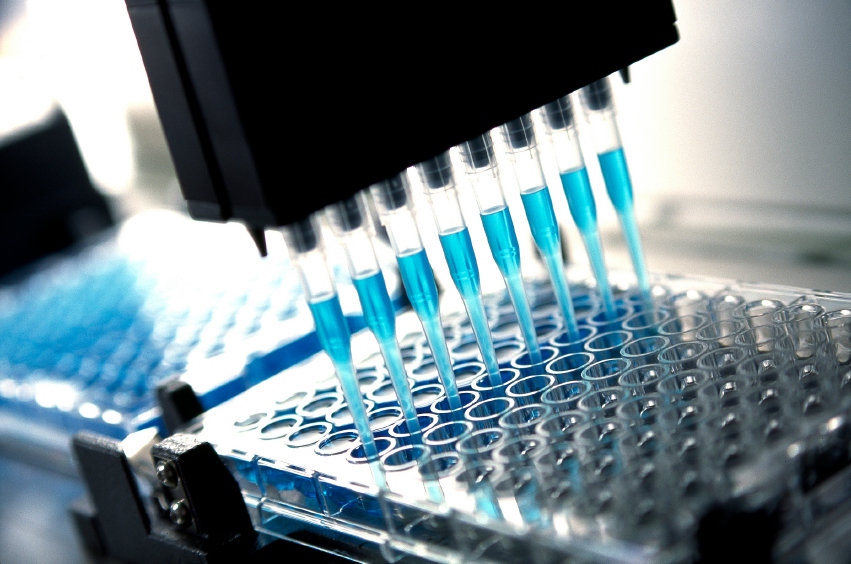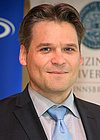CD Laboratory for Cancer viro-immuno therapy
Head of research unit
Commercial Partner
Duration
01.03.2024 - 28.02.2025
Thematic Cluster

Malignant tumours are one of the leading causes of death worldwide and new effective treatments are urgently needed. This CD Laboratory is researching ways to increase the effectiveness of known cancer therapies using oncolytic viruses.
Immunotherapy is an innovative strategy for treating advanced cancer, which has shown great promise - but only in some patients. This CD Laboratory is looking for ways to successfully transfer the immunotherapeutic approach to as many patients as possible. Based on the extensive preliminary work, the researchers assume that oncolytic, i.e. cancer-dissolving, viruses can significantly increase the efficiency of existing immunotherapeutic procedures. The research work is therefore focussing on the combined effects of oncolytic viruses and known immunotherapy strategies. The oncolytic virus used is the VSV-GP virus, which was originally cloned by the researchers and has been extensively characterised as a potent and safe oncolytic virus in recent years. A key property of the VSV-GP virus is an enhancing effect on other cancer vaccines and thus the activation of the body's own immune response to destroy the tumour by means of anti-tumour T cells. This can then be further strengthened by combining it with so-called checkpoint inhibitors (CPIs), very potent immunotherapy agents. Possible synergisms between oncolytic virus therapy and immunotherapy are therefore being researched to maximise the therapeutic effect.
To this end, a series of combination experiments with CPIs and tumour vaccines will be carried out on several clinically relevant mouse tumour models. In addition to the general treatment parameters, the interactions between virus, tumour and immune response will be investigated in particular. An understanding of these mechanisms should subsequently reveal ways of modifying the driving parameters with a view to strengthening the anti-tumour immune response. A large library of VSV-GP virus variants will be created and tested on previously established tumour models. Depending on the effect of the respective VSV-GP variants on the immune system, these will then be combined with other immunotherapies in order to maximise the therapeutic effect. The aim is to develop a multimodal immunotherapy for cancer.
Christian Doppler Forschungsgesellschaft
Boltzmanngasse 20/1/3 | 1090 Wien | Tel: +43 1 5042205 | Fax: +43 1 5042205-20 | office@cdg.ac.at

